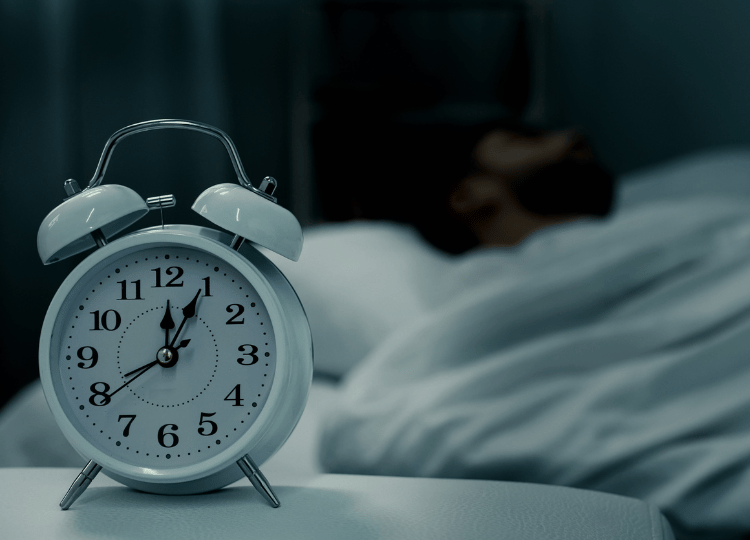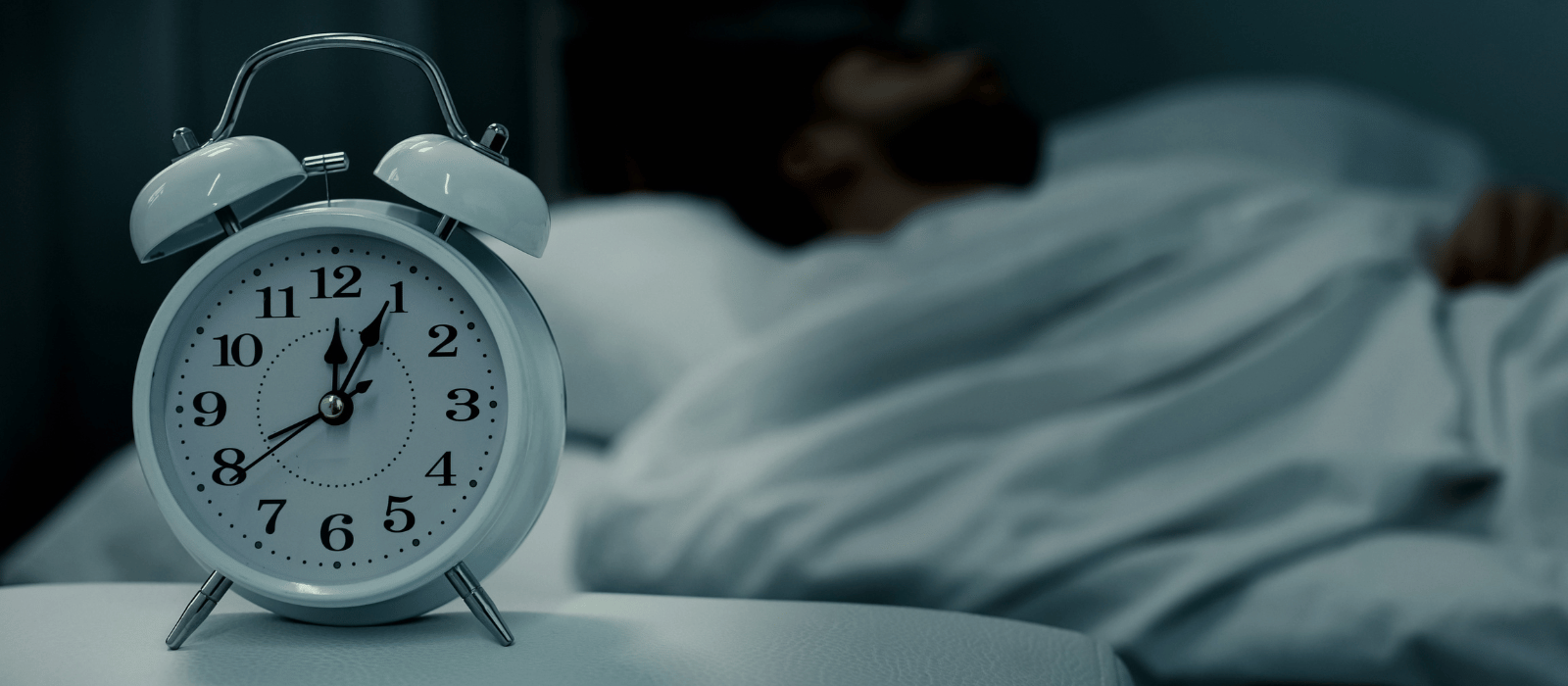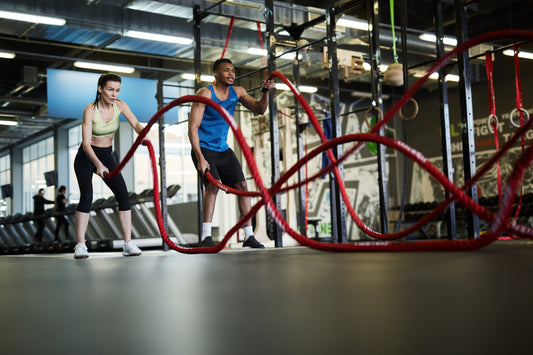Here at U Perform we are all about recovery, and alongside nutrition, sleep is probably the next most (if not the most) important piece in the puzzle. Everybody trains, eats, and sleeps differently, but no matter what we are confident that everyone can take a couple of very simple steps every day to maximise recovery, training adaptation as well as reduce the risk of injury and or overtraining.
Research also suggests that optimal and quality (yes that’s right, not quantity) sleep can also improve our mood and increase our energy levels. As well as enhance our ability to focus, make decisions, process information, and reinforce new learnings.
Now before we go any further, let’s dial back to a controversial point we referred to earlier regarding quantity of sleep hours. Getting enough sleep is obviously important for our overall health and wellbeing and we all know that eight hours per night is the commonly acceptable goal that adults should aim for. But quantity is not always better than quality.
This is because, time spent in bed doesn’t equate to hours of useful sleep. We sleep in cycles that last roughly 90 minutes and in and amongst those cycles it is entirely normal for minor body movements or ‘disturbances’ to leave us awake on average 10-20 times per night. Resulting in a loss of up to an hour of sleep in one night! So, whilst we might be in bed for 8 hours, we are certainly not sleeping for the whole 8 hours.
So, what is sleep?
Sleep is a naturally occurring state of rest experienced by the body and mind where an individual is relatively physically inactive and has limited awareness of their surroundings. Sleep is triggered and controlled by several highly complex physiological processes and is affected both positively and negatively by everything we do prior to turning in for the night or day!
What is little known is that we sleep in things called ‘cycles. And each cycle roughly lasts 90 minutes and is broken up into 4 key stages:
Light sleep – this is the stage of sleep that helps us transition into deeper, more restorative stages of sleep.
Deep or Slow Wave sleep (SWS) – this is the physically restorative stage of sleep where our body does all its best work recovering and repairing from the stress and strain of day-to-day life and any additional exercise too. Which is often why we recommend fuelling your sleep with quality sources of protein like collagen or casein proteins to optimise this restorative process. Remember, training adaptations only occur during recovery and not in the training sessions themselves.
REM sleep – this is the mentally restorative stage of sleep characterised by you guessed it, rapid eye movements. This is also where you experience your most vivid dreams.
Awake – that’s right, on average we experience 10-20 disturbances per night. Now, we aren’t aware that these are happening, but you’ll know about it in the morning if you experienced a few!
Now before you start worrying, it is very common for us to be ‘awake’ at numerous times throughout the night, albeit we are not consciously aware of it at the time; but if we can minimise the frequency of these nighttime disturbances, we can set our body and mind up for more efficient sleep cycles.
The concept of ‘healthy habits’ shouldn’t come as too much of a surprise to you, after all it is something we very frequently talk about on the U Perform blog and across our social media channels. It takes roughly 21 days to form a habit (both good and bad I might add) and when it comes to improving sleep and reaping the benefits from improved sleep, we’re playing a long game, so habits are super important.
This is where sleep quality and consistency really come into play and where sleep hygiene becomes your way of mastering the art of quality, restorative sleep every single night. Sleep hygiene as it’s called, is a set of straightforward processes that each one of us can practice every day to set ourselves up for better sleep.
Great sleep hygiene means that your everyday routines and your bedtime environment all work together to promote healthy, consistent, and most importantly uninterrupted sleep. There is no one size fits all approach when it comes to sleep and sleep hygiene (sorry), but that doesn’t mean that there aren’t a few tried and tested things that you can at least experiment with to find what works best for you.
After all, if we are to spend 1/3 asleep, we owe it to ourselves to make our sleep work for us! And the best thing is, improving our sleep and sleep hygiene practices is a virtually risk-free activity and often costs absolutely nothing.
Our Sleep Hygiene TopTips:
- Darkness is your friend. The darker your room, the better you will sleep, simple. Light has a massive influence over the quality of your sleep, so the darker the room, the longer your restorative stages of sleep will be.
- Sleep is COOL. You sleep better in cooler temperatures with a good aim being around 20 degrees Celsius or 68 degrees Fahrenheit.
- Say no to tech! Blue light emitting devices are in our lives almost 24/7 but if we can aim to limit our screen time in the hours before we want to go to sleep, we can guarantee you will not only fall asleep quicker but also have a better night’s sleep too.
- Cut out the caffeine. Just like blue light, caffeine is sleep’s worst nightmare and can have a lingering and nasty presence for 4 hours or more, so it is worth taking that into consideration when planning your nighttime routine.
- Routine is your friend. The last one is probably the most important factor to consider. Doing one thing right once, in isolation is great. But if we can consistently maintain healthy sleep habits, we will start to gradually start to become a bit of a sleep hero. Maintaining consistent sleep and wake times as well as other healthy sleep hygiene habits is also important to nurture a highly efficient circadian rhythm.
For those times when you can't get a full night's sleep, naps can be a valuable tool in your recovery toolkit. Short naps of a maximum 30 minutes can help refresh your body and mind without entering deeper sleep cycles and avoid that awful grogginess (called sleep inertia) you get when you have napped for little bit too long.
Sleep is quite possibly the most effective recovery strategy out there and there are so many quick and easy ways for each one of us to start optimising our sleep performance. What’s your top sleep tip? Let us know in the comments below. And don’t forget to share this with someone who you know would benefit from reading this too! The U Perform family loves sharing ideas and encouraging each other.





